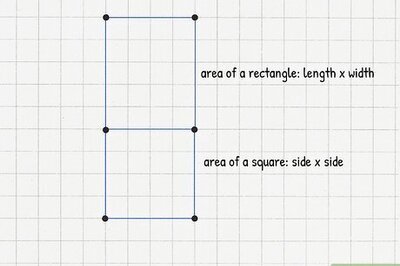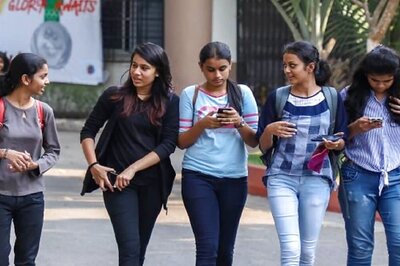
views
The Madhya Pradesh High Court has upheld the decision of the trial court, denying the waiver of the statutory six-month cooling period in a divorce case. The court reaffirmed that the inconvenience of appearing in court cannot be a valid ground for bypassing the statutory cooling period.
The court, presided over by Justice GS Ahluwalia, was hearing a petition under Article 227 of the Constitution of India, challenging the trial court’s order dated August 27, 2024 which rejected the application of the parties for waiver of cooling off period. The petitioner (husband) argued that he resides in Bhopal while the case is pending in Jabalpur, making frequent appearances in court challenging. The petitioner contended that this inconvenience justified the waiver of the cooling period.
In response, the High Court observed: “Inconvenience of the parties to appear before the Court cannot be a ground to waive off the cooling period. The basic purpose of making a provision for cooling period is to think over the decision of getting separated.”
The case pertained with the petitioner and the respondent (Wife), who were married on January 30, 2015, and have been living separately since 2017. They jointly filed an application under Section 13-B of the Hindu Marriage Act (HMA) on July 1, 2024, seeking dissolution of their marriage by mutual consent. Their statements were recorded on July 2, 2024, and the trial court scheduled the case for the second round of statements on January 10, 2025. However, the petitioner sought an early decree by requesting the waiver of the six-month cooling period, citing the Supreme Court’s precedent in ‘Amardeep Singh vs. Harveen Kaur’ (2017), which held that the cooling-off period is directory, not mandatory in nature.
After hearing the arguments, the court reiterated the conditions necessary for waiving the statutory period under Section 13-B(2) of the HMA, including the failure of all efforts at reconciliation, genuine settlement of differences, and the decision by both parties to move forward in their lives. The court observed that the petitioners had not established these conditions, particularly that they had resolved to move ahead in their lives or that the waiting period would only prolong their agony.
The court noted that the primary ground for the waiver request was the inconvenience of attending court proceedings, which the court deemed insufficient. Furthermore, the court emphasised that the cooling period serves the important purpose of allowing parties time to reconsider their decision to separate.
In conclusion, the court upheld the order passed by the trial court stating that “since petitioner has failed to make out a sufficient ground for waiver of cooling period, therefore Trial Court did not commit any mistake by rejecting the said application.” The court, thus, dismissed the petition, holding that the trial court’s refusal to waive the cooling period was justified.



















Comments
0 comment